Expressjs: Organizing Routes and Routing for an API
This tutorial will show a basic Express.Js route structure using the express.Router class to build a simple API. When developing Node.js applications, organizing your code for modularity and readability is essential. Modular and organized code helps make web applications efficient in troubleshooting and testing, allowing you more time to develop great user-friendly applications.
How to Install Node.JS on Windows, MacOS, and Linux
Node.js is a cross-platform, open-source runtime environment built on top of the Google Chrome V8 engine. Node.js provides developers with a range of features and modules that allow them to build and execute rich applications using JavaScript. Node.js can be installed on various operating systems using package managers such as Windows winget, macOS Homebrew, and Debian APT.
NodeJS & ExpressJS: HTTP Requests Using the Google Chrome Devtools Console
This blog post shows you how to send HTTP GET and POST requests using the Google Chrome Developer Tools (Chrome DevTools) console. Additionally, we will set up a simple ExpressJS server using JavaScript and NodeJS to handle the HTTP requests we send through the Chrome Browser. The Google Chrome DevTools toolset allows us to analyze the code structure of webpages, analyze network connections, as well as protocol specifics such as HTTP headers and the HTTP POST body.
Browser Web Scraping - Scrape Data With Chrome Developer Tools (Chrome DevTools)
Did you know you can use the Developer Tools (DevTools) in the Chrome Browser to scrape data from a website and copy that data to the clipboard? Few know of this highly effective web scraping technique. Chrome Developer Tools is a powerful feature that allows you to interact with the Chrome browser, websites, and the Document Object Model (DOM).




